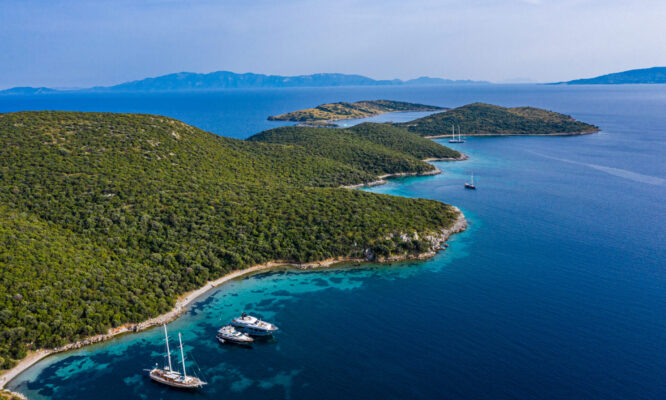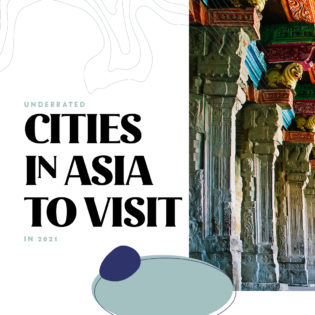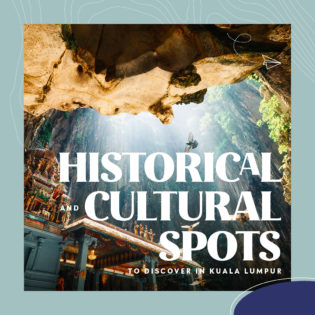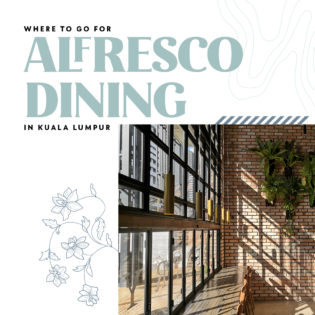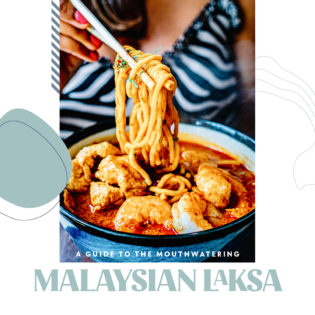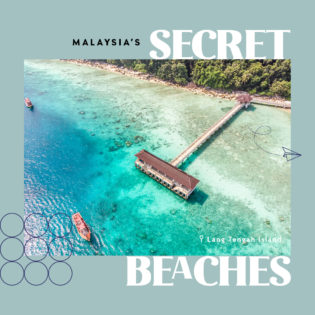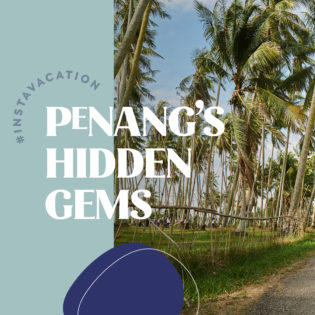Soulful new cafés sweeten the charm of Malaysia’s evocative southern state
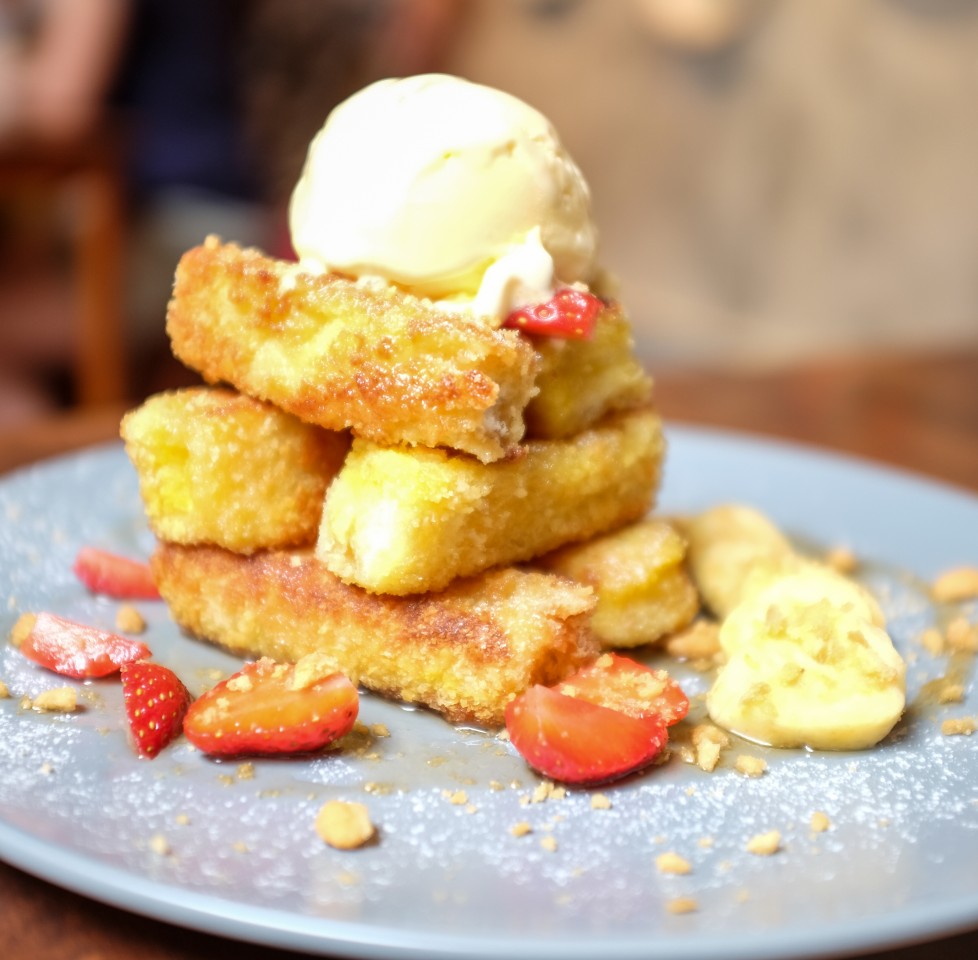
When Lim Wei Ling moved back to her southern home state of Malacca after seven stressful years in Kuala Lumpur’s banking sector, she wanted to spend her time in a place that cultivated a sense of comfort and contentment. Together with her sister, Wei Fung, she opened a café called Locahouz (facebook.com/pages/Locahouz/588124554643920) on a serene street near one of Malaysia’s oldest Chinese temples.
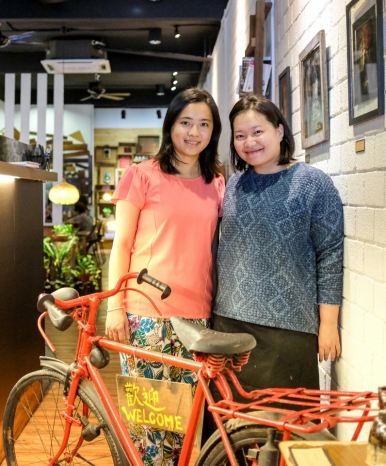
Locahouz is decorated with deeply personal flourishes that hark back to the sisters’ shared history. Their late grandfather’s 80-year-old bicycle, which he took them riding on for dim sum, rests by the wall. Their mother’s sewing machine sits nearby, accompanied by the Lim clan’s rotary phone, tableware and other cherished heirlooms.
“I love Malacca, and I love running this café,” Wei Ling says, serving a steaming-hot cup of black coffee, prepared in the homemade fashion that her mother taught her. “Whenever my cousins return to visit Malacca, they spend their time here too.”
Locahouz illustrates the inimitable charm of a new breed of restaurants and cafés in Malacca, also known as Melaka, which boasts a rich history dating to the 1400s, when it became a strategic port that remained a crucial province throughout centuries of Portuguese, Dutch and British colonial rule.
Malacca’s contemporary cafés are astonishingly atmospheric. Many occupy shop-lots on narrow, nostalgia-imbued streets, surrounded by outlets selling crafts and clothes in bustling Jonker Walk, the state’s version of Chinatown.
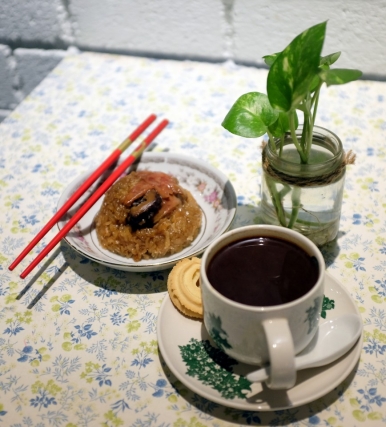
The food is usually unique. At Locahouz, which opened in October 2014, the sisters serve traditional local favourites like loh mai kai (steamed sticky rice with chicken and mushrooms) and international fare such as ciabatta sandwiches in a setting lined with striking compositions by Malaysian painters.
A five-minute stroll away, The Daily Fix (facebook.com/thedailyfixcafe) – another café rooted in family and friendship – enjoys deservedly brisk business, attracting hundreds of customers on weekends, including day-trippers from Kuala Lumpur and Singapore.
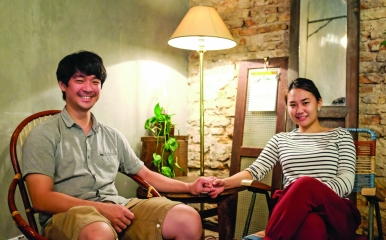
The Daily Fix’s founders, Julian Yeo and Sung Soo Teng, studied in Melbourne and Sydney in Australia, where they became inspired to introduce top-flight coffee and café fare to Malacca, their home state. Julian’s mother, who operates a souvenir store in Jonker Walk, agreed last year for her son to convert the back of the shop into an eatery.
This compelling café can consistently be sighted on social media, with its photogenic abundance of authentic vintage pieces like enamel tiffin carriers and typewriters, artfully arranged in a building constructed in the 1800s. “I love heritage buildings, and I thought there was something I could do with this,” Julian explains, sitting in the café’s leafy indoor courtyard beside a wall adorned with kaleidoscopic plates from his grandmother’s collection.
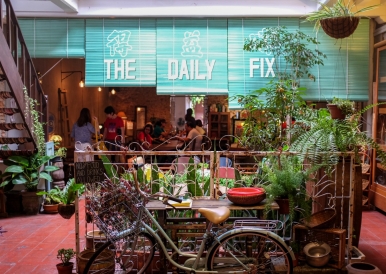
The Daily Fix’s food is fabulous. It specialises in pancakes, including savoury ones crowned with succulent smoked duck and sweetly luscious ones laced with pandan (screwpine) leaf extract, coupled with coconut and gula melaka (palm sugar). The French toast succeeds in being both crispy and fluffy, with a beautiful balance of flavours that rivals Kuala Lumpur’s top café temptations.
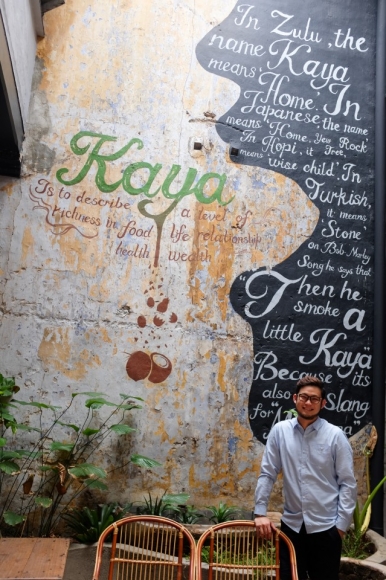
The story of another new venue, Kaya-Kaya Café (facebook.com/kayakayacafelol), is a tribute to Malacca’s allure. Kuala Lumpur resident K.C. Choong had long been a frequent visitor to Malacca when he stayed last year at a Jonker Walk guesthouse whose owners had a vacant space nearby. K.C. found out and decided to collaborate with them to create Kaya-Kaya, a cavernous café where customers can relax on rattan chairs and recycled wood-and-metal furniture while marvelling at a two-storey-high mural of multilingual definitions for the word kaya.
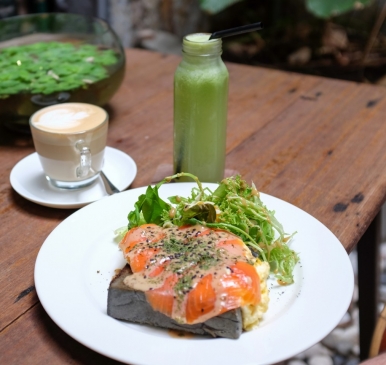
Kaya means ‘wealth’ in Malay, and the café’s name is meant to convey a feeling of richness in its patrons’ lives, relationships and food. For a dose of decadence, Kaya-Kaya offers a one-of-a-kind ‘Malacca Elvis’ – a pancake stack that combines Elvis Presley’s favourite ingredients of bananas and peanut butter with Malacca’s kaya, a sugary jam thickened with coconut milk and egg yolks.
“We want customers to come here for a getaway, to eat and drink and feel like they’ve escaped from the world outside for a few hours,” K.C. says.
This current boom in Malacca’s café business emerged in 2014, but the trickle of tourists has steadily swelled ever since UNESCO declared the state capital a World Heritage Site in 2008, says Joseph Chia of Calanthe Art Café (facebook.com/calanthe.melaka).
Calanthe is a hugely respected pioneering café, having recently marked its 10th anniversary. Opened by a band of close-knit friends who went to school together, Calanthe remains one of Malacca’s warmest and most welcoming hangouts, specialising in different types of coffee roasted in each of Malaysia’s 13 states.
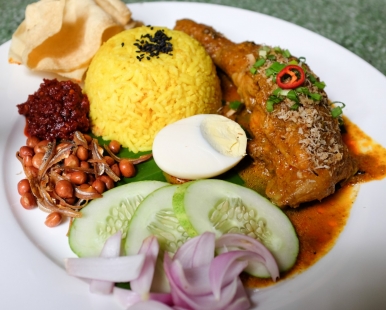
“Our main objective is to promote an appreciation for our own Malaysian coffee,” Joseph says, noting that some Malaysian states have unique blends of coffee mixed with margarine, salt or even wheat flour. Calanthe is also the ideal stop to refuel with a lunch of deliciously hearty local recipes like turmeric-tinged nasi lemak (coconut milk rice with a yellow hue) and laksa, a bowl of thin noodles in a mildly spicy coconut milk gravy with tofu puffs, fishcakes and beansprouts.
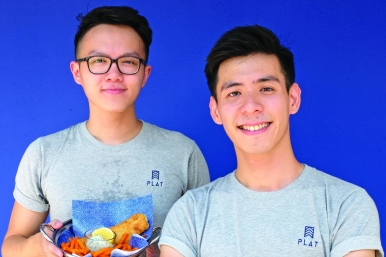
As Malacca’s scene matures, increasingly ambitious eateries are also taking root. In June 2015, Plat Kitchen (facebook.com/platkitchen) launched in the Taman Melaka Raya commercial enclave, founded by Roland Tey and Danny Kho, who envision a venue that encompasses food and culture.
“We want Plat Kitchen to be a place where people can gather not just for great meals but also for events that focus on art and design,” says Roland. He and Danny plan to organise talks, exhibitions and workshops involving creative professionals from KL and elsewhere; they also hope to open a space for homestay accommodation above Plat Kitchen to complement their café.
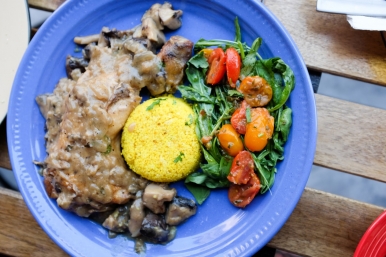
Plat Kitchen’s menu reflects a masterful medley of cross-border influences. Danny’s shakshouka is a robust combination of creamy baked eggs with chickpeas, mushrooms, grilled tomatoes & a juicy, herb-laced sausage. The café also promises a ravishing stew of white wine-infused chicken with couscous and rocket leaves, as well as pasta that’s tantalisingly topped with pandan chicken (hand-wrapped in screwpine leaves) and tossed in sambal hebi (shrimp chilli paste that relies on Roland’s grandmother’s aromatic lemongrass recipe).
Malacca’s now-thriving landscape has even lured veteran chefs like Ghazali Hashim, who became the executive chef at Casa del Rio Melaka (casadelrio-melaka.com), a five-star boutique hotel, in March 2015 after two decades of working in other cities in Malaysia and the Maldives.
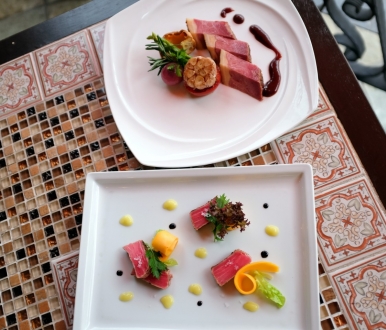
Casa del Rio Melaka showcases one of the state’s most distinctively romantic sites at its flagship restaurant, The River Grill, perched beside the state’s main river. Diners can watch small, tourist-filled boats leisurely cruise by, sometimes followed by rowers in racing vessels, while they feast on River Grill’s upmarket offerings of Black Angus steaks, tuna tataki with ginger shoyu dressing, and smoked salmon prepared at the customer’s tableside.
“Malacca is a special state,” Ghazali says. “I’ve visited and eaten at many places here, and I can assure travellers that their experience in Malacca will be genuinely memorable.”
